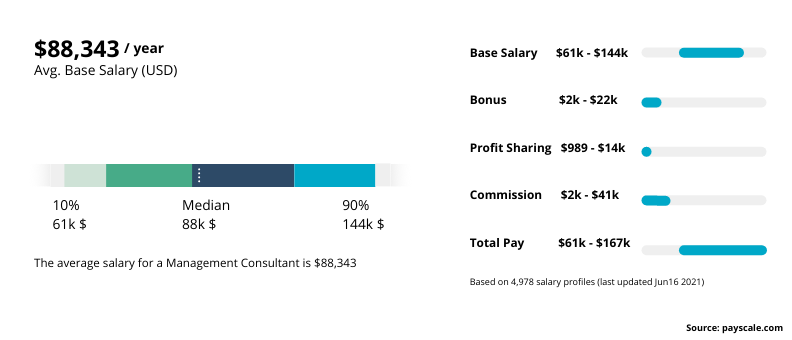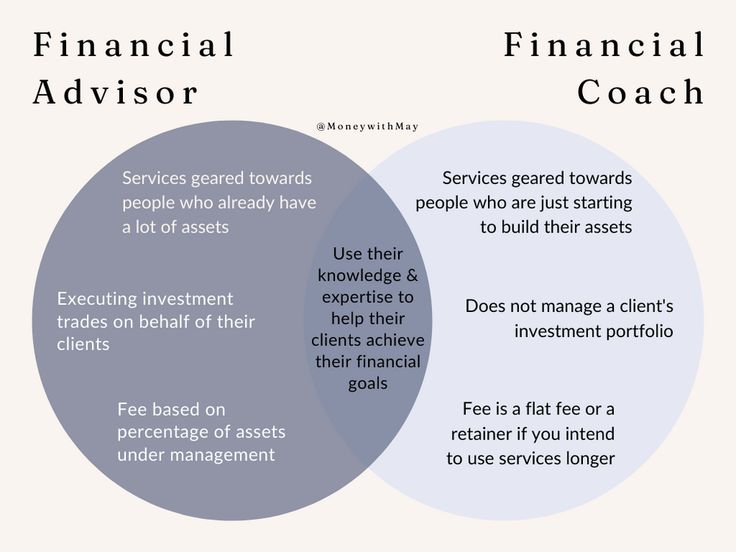
What is the typical salary for an accountant consultant? This article will help you understand the earning potential of an accounting consultant and the requirements for becoming one. Whether you are looking to earn a few hundred dollars or hundreds of thousands, an accounting consultant career can help you realize your goals. Although there are many requirements for being an accounting consultant, these are the most important.
Average salary for an accounting consultant
The average salary for an accountant consultant will vary depending on their experience and skills. An accountant consultant with the right qualifications can make a significantly higher salary than an average person. This profession requires deep knowledge and understanding of the inner workings of businesses. The individual must also be skilled in networking and marketing. Flexibility and ability to work with multiple business partners are essential.

Accounting consultants make an average salary of $73,400 each year, though this can vary by up 10%. For example, the average pay for an Accounting Consultant in Massachusetts is roughly $75,504 per year. The highest paid Accounting Consultant earns $132,126 per year, while the lowest paid earn less than half that figure.
Potential earnings as an accounting consultant
Accounting consulting is a great career choice if you are good at numbers. This job requires knowledge of accounting and business operations. Your ability to network effectively and successfully market your services is also essential. An accounting consultant should be flexible and able adapt to changing environments. A consultant must also be able handle multiple clients simultaneously. This career path may not be for everyone.
The average salary for an accounting consultant can be up to $140,000. However, this amount can fluctuate greatly. The highest earners make more than $123,500 annually. However, the median salary for an Accounting Consultant may differ by as much as $30,000 depending on the years of experience, skill level, and location.
The requirements to be an accounting consultant
An accounting consultant's educational requirements vary, but most require a bachelor's degree or master's degree in finance, accounting, or a related field. Advanced skills in math, problem-solving and computer programs are also required. Some accounting consultants pursue a bachelor’s degree in business, or a minor. No matter your educational background or experience, it is important to get as much experience as possible in the consulting industry.

Many consultants work as sole proprietors. Although this allows for greater flexibility and freedom, it can also put you in a higher income bracket. Additionally, master's degrees can make you more competitive with other consultants in your field. Master's programs not only give you an updated view of emerging issues and trends but they also teach you how run a consulting practice.
FAQ
How do I become successful as a consultant?
Find an area that you are passionate about. Building relationships is the next step. It is important to understand the needs of clients and their business. Finally, you have to deliver results for your clients.
While you don’t have to be the greatest at everything, you have to be better than everyone else. You also need to have a passion for what you do. It doesn't suffice just to say "I'm going be a Consultant." You must believe in yourself.
Can anyone be a consultant?
A consultant is someone who helps you achieve your goal by providing advice on how to do something better, faster, cheaper, etc.
Consulting can be a great way to solve problems, make informed decisions, and work with others.
Many consultants are hired for specific projects and tasks.
Consultants are often paid per hour or daily rather than per project.
How does consulting differ from freelancing?
Freelancers, who are self-employed and provide services to clients without the need for employees, are independent contractors. They typically charge hourly rates based on time spent working on a client's project. Consultants are usually employed by companies or agencies. Their salaries are often paid monthly, or annually.
Because they set their own hours and prices, freelancers are often more flexible than consultants. Consultants, however, often have better benefits such as retirement plans, vacation days, and health insurance.
Consulting is it a job?
Consulting is not only an entry-level profession for those looking to make fast money, but it's also an excellent way to acquire valuable skills that you can apply throughout your career.
Consulting offers many opportunities in project management as well as business development, strategy and training. It is possible to work on projects that range from small start ups to large, international corporations.
Consulting provides you with the opportunity to develop and hone your skills, as well as gain experience within a range of industries. This could be learning to manage people, write proposals and manage budgets, analyze data and create presentations, or conduct market research.
What happens when the consultant finishes his job?
After the consultant finishes the work, s/he will send a final report outlining the results. This report will include project timelines and deliverables as well as any other relevant information.
Next, you will review the report and determine if the consultant has met your expectations. If you are not satisfied with the consultant's report, you have the option to ask for modifications or to terminate your contract.
Statistics
- Over 50% of consultants get their first consulting client through a referral from their network. (consultingsuccess.com)
- My 10 years of experience and 6-step program have helped over 20 clients boost their sales by an average of 33% in 6 months. (consultingsuccess.com)
- "From there, I told them my rates were going up 25%, this is the new hourly rate, and every single one of them said 'done, fine.' (nerdwallet.com)
- On average, your program increases the sales team's performance by 33%. (consultingsuccess.com)
- 67% of consultants start their consulting businesses after quitting their jobs, while 33% start while they're still at their jobs. (consultingsuccess.com)
External Links
How To
How do I find a good Consultant?
The first step in finding a good consultant is understanding what you want from your consultant. Are you looking for them to improve the performance of your website? Do you need them to optimize your site so that it ranks higher in search engines' results? Perhaps you simply need someone to tell you if your current host provider is having issues. You need to know what kind of services you want, and then you can begin looking at other companies. Although there are many consultants who claim to offer these services, very few of them can actually provide the required results. How can you pick the right one? Here are some tips to help you choose a consultant.
-
Ask for referrals. This is probably the best way to choose a consultant. You shouldn't hire someone you haven’t met before as they will probably charge you too much. But you also don't want to work with someone whose reputation isn't solid. If you are lucky enough to be referred by people you trust, that's awesome! You can check online reviews even if they don't refer you. Check for testimonials or case studies that show how clients have used your services.
-
Ask around. Many people don’t know that they could gain from consulting. They assume that their current situation is fine and they don’t need changes. This is often false. Even if you have great results right now you probably haven't been keeping pace with new technologies or trends. And if you're relying on outdated methods, you'll miss out on opportunities to grow your business. It's always worth asking around to see if anyone knows of a good consultant.
-
Check their qualifications. You don't need to worry about whether they are building a website or an eCommerce store worth millions. It doesn't matter if they are qualified for the task or not; make sure they are knowledgeable in the field.
-
Find out what type of projects they are skilled in. Although it might seem like everyone can do everything, this is not true. Some areas require specific types of training or education. If you are looking for someone to create a WordPress theme, then you will not want to hire someone who isn't a specialist in Drupal. The same goes for graphic design, programming languages, etc. Be sure to ask what kinds of projects they typically work on.
-
You should know their prices. You don't want a consultant who charges too much. You don't necessarily want to pay too low, but you shouldn't either. There are many different types of consultants. Some consultants bill by the hour, while others charge per project. Knowing exactly what you're paying upfront will save you money down the road.
-
Understand what they offer. Are they willing to provide free consultations? Are they willing to give advice about how to set up your own system or provide other assistance? Is there a guarantee that your site will rank higher after working with them? If you don’t like the information you receive during your consultation, you can cancel it without penalty.
-
Finally, find out if they offer discounts for multiple months or years. Many consultants offer discounted pricing for extended time periods. Although you do not have to commit to a year, it is possible to take advantage of any offers they may offer.